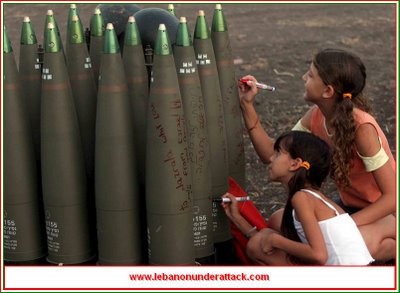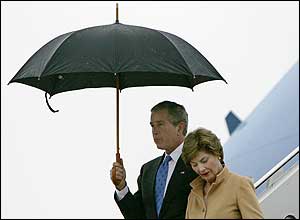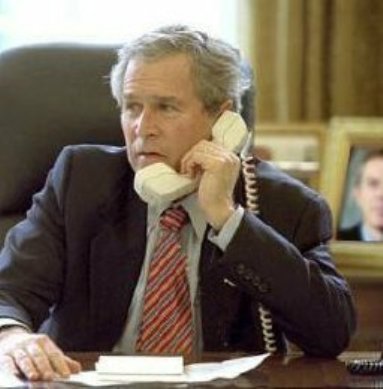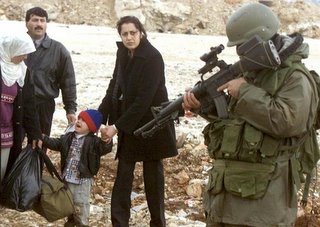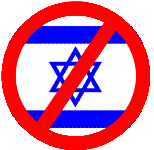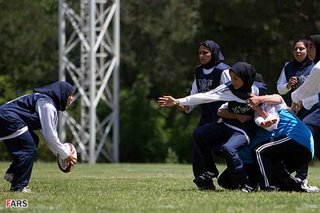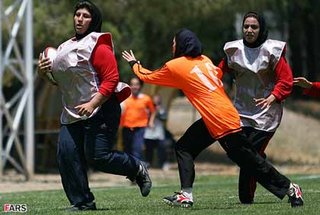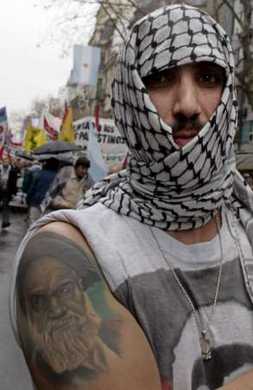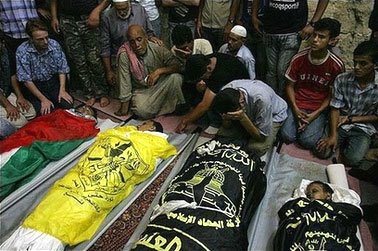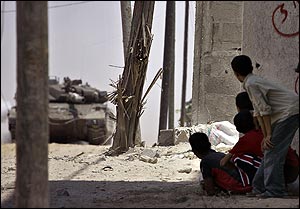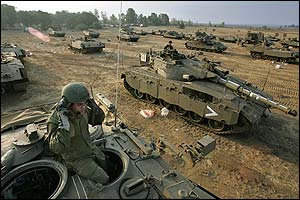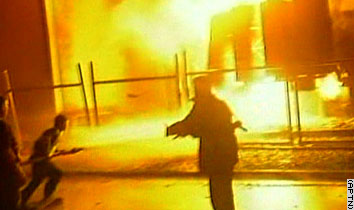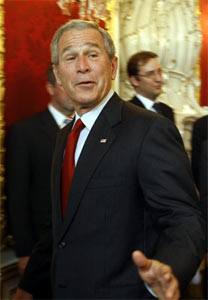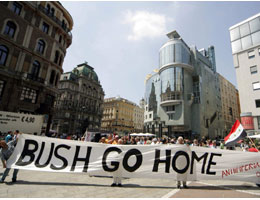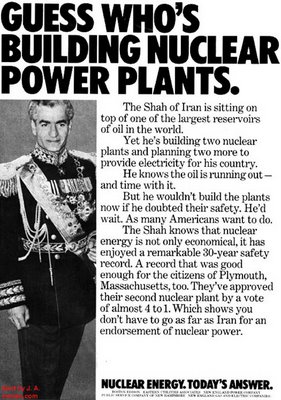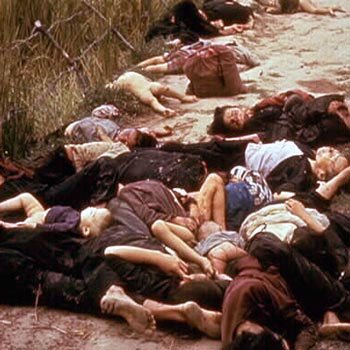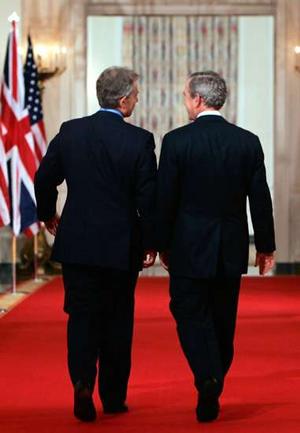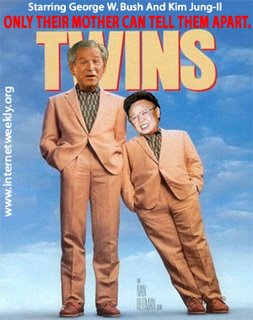Washington’s war-mongers currently find themselves in a highly discredited position vis-à-vis Iran. Washington's lies have come back to haunt it. For months it has been beating the drums of war and “regime change,” proclaiming its holy mission to democratize an already democratic government (while its long-standing Mid-East friends and allies Egypt and Saudi Arabia, as well as its new friend Libya, continued to suffer extreme forms of political repression that countenance no opposition).
In the case of Iran, though, Washington was a perfectionist. Iran’s imperfect democracy had to go, and presumably be replaced by a dictatorship mindful of US interests. In reality, Washington was fearful that Iran’s independent political behaviour was setting a bad example for the rest of the Third World.
Washington took advantage of a manufactured nuclear crisis to cloak the nature of its actual concern. The United States, by far the most dangerous country in the world, with more invasions of foreign countries staining its history than one cares to think about, was concerned that Iran, one of the most peaceful countries in the world (it has not invaded a single country in over 250 years) was a danger to world peace. The irony is mind-boggling.
This week, the entire house of cards began to tumble down on the warmongers’ heads. There is nary a mention of “regime change” anymore. Suddenly, Washington finds no difficulty in dealing with the (imperfect) Iranian government, and has, in fact, offered to supply US nuclear know-how in exchange for Iran’s acceptance of highly watered-down conditions. Suddenly, Iran is no longer a nuclear threat, even though nothing has changed on the ground.
Washington, having begun from a position where “all options were on the table,” to quote Condi’s favourite threat, now has nothing left on the table! It has been stripped bare of the last shred of credibility it may still have possessed.
Still, the game’s loser will no doubt try to pretend to have won the game. Washington’s “subtle diplomacy” will be eulogized all around, as if there had been anything subtle about its threats to rain down nuclear missiles on an essentially defenceless nation.
In reality, the prize for diplomatic subtlety should unquestionably go to the government of President Ahmadinejad of Iran. Tehran’s honest dealing finally forced Washington to abandon its sham “diplomacy.” It may not be an exaggeration to say that Tehran has founded a new kind of diplomacy, that is, a diplomacy of telling the whole truth and remaining steadfastly attached to one’s principles, as opposed to what diplomacy has come to mean –- telling advantageous lies. It is also a diplomacy based on peaceful intentions, as opposed to the usual kind of diplomacy, where the threat of initiating warfare in case things do not proceed to one’s liking is always retained in the background.
The metaphor of “carrots and stick” has been used to describe the diplomatic game plan of the Big Six Powers in relation to Iran. In the end, though, Bush, Hugo Chavez’s
donkey, finds himself eating the carrots while beating himself over the head with the stick.

